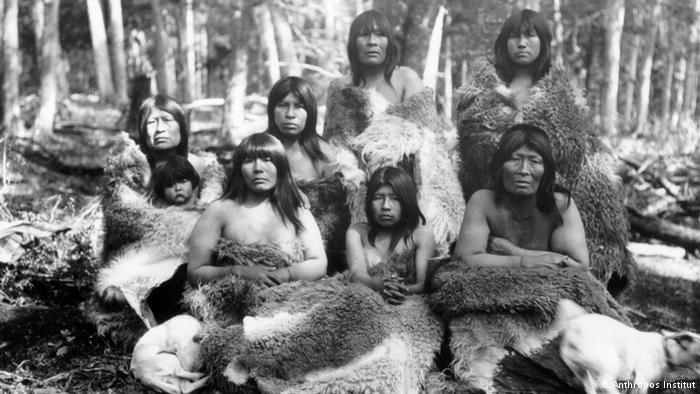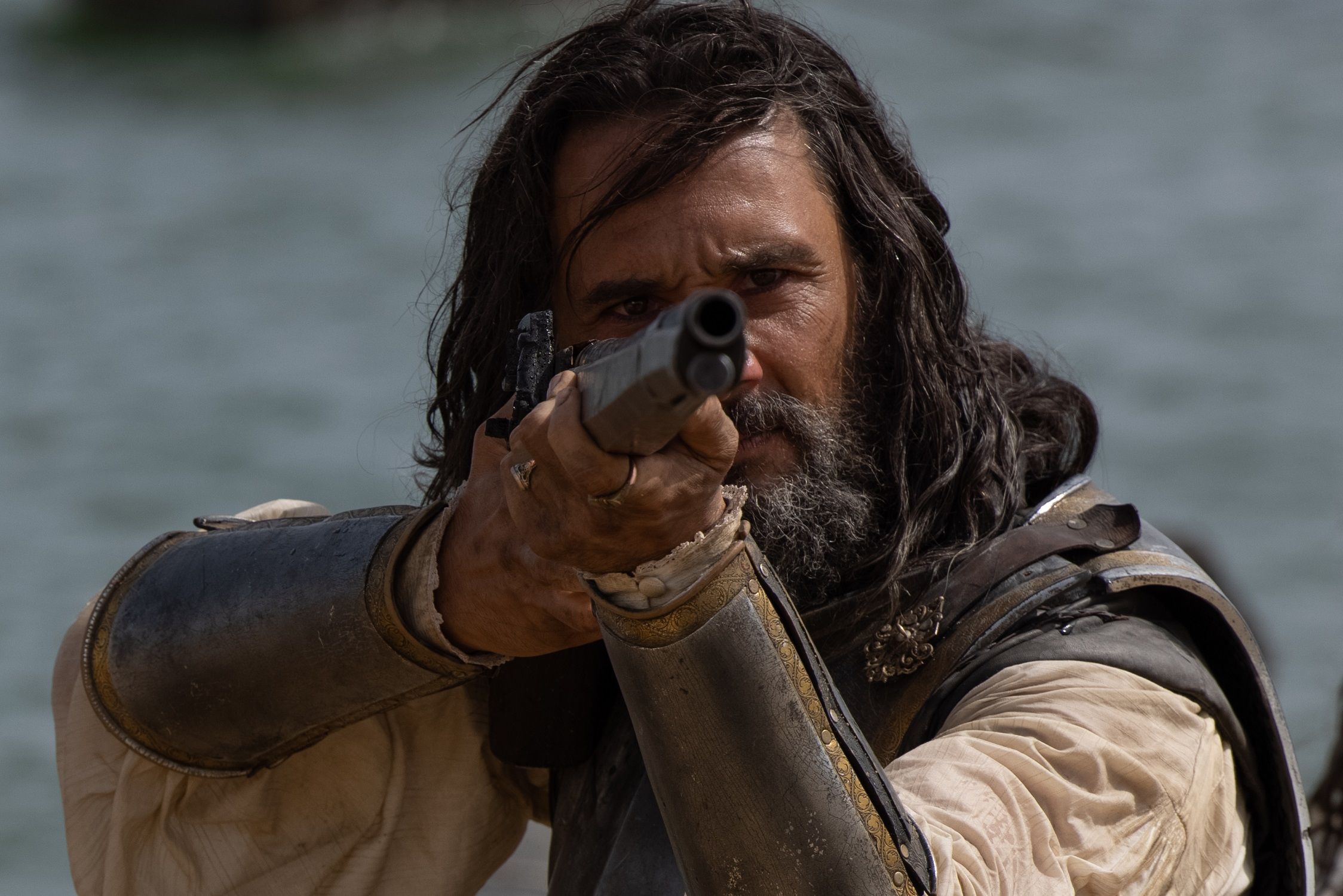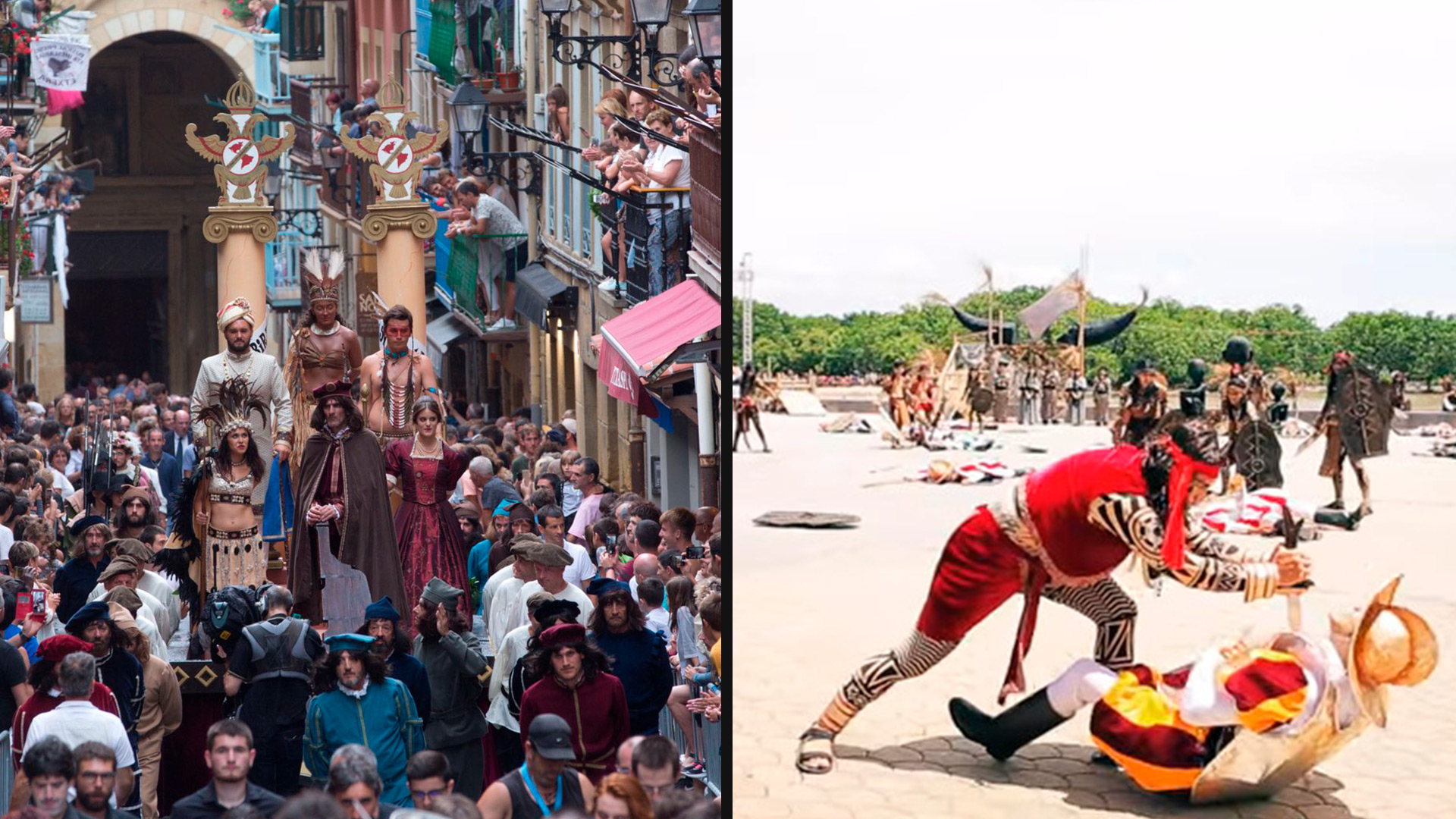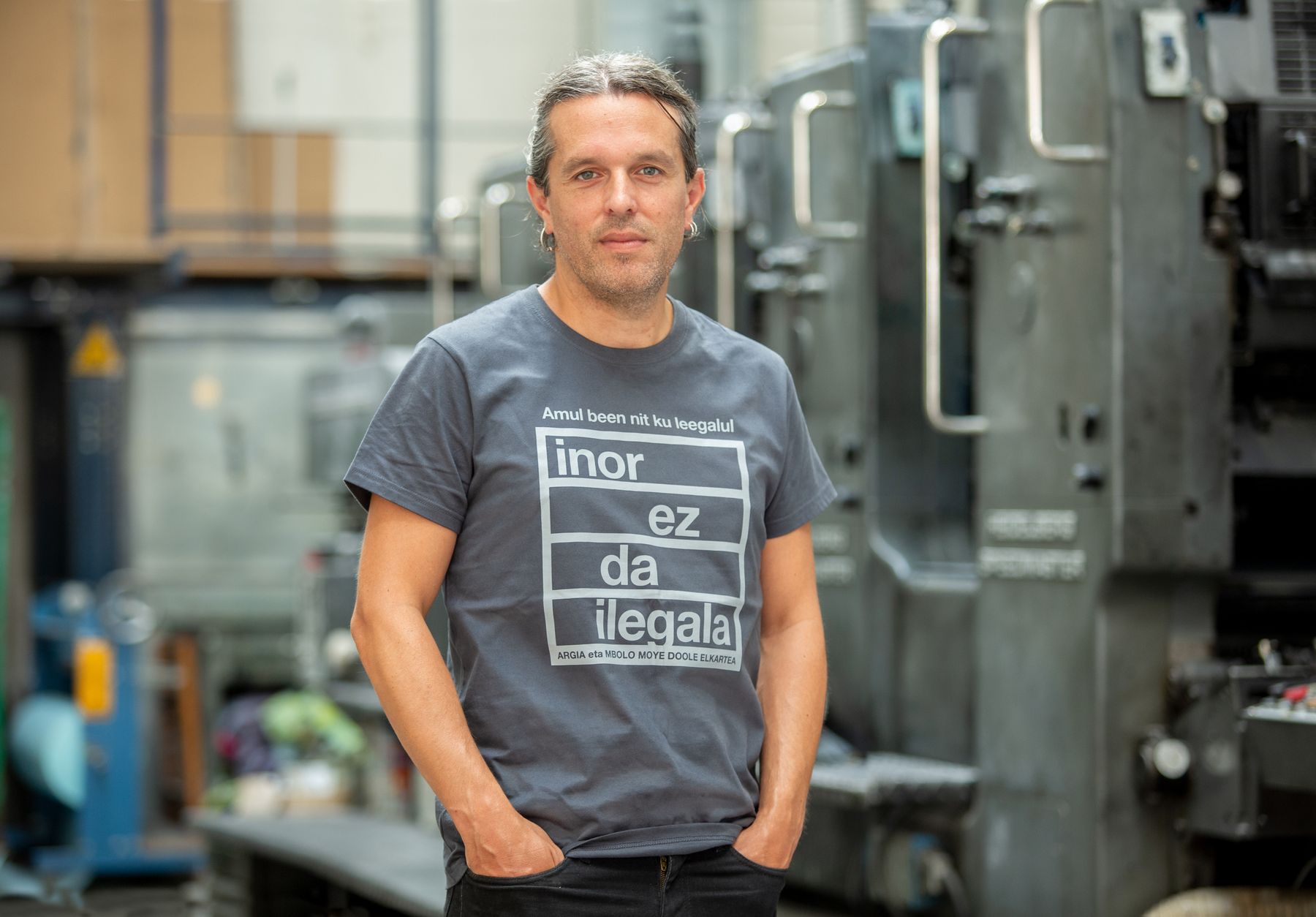500 years of Patagonia: nothing to celebrate
- The official distinctions and celebrations related to the Fifth Centenary of the Elkano World Tour have also reached Chile and Argentina. The men of the Magellan expedition were the first Europeans to meet the inhabitants of South America. Or, rather, in the words of the authors of the article: "Colliding" with them. After 500 years, what do the natives of Patagonia have to celebrate?

In 2020, it is five hundred years since the Magallanes-Elkano expedition arrived at the bay where "San Julián" was baptized. They were there five months, until after the winter. This expedition, which took the first round of the world, also identified a sea crossing between the Atlantic Ocean and the Pacific, called the "Magellanic Strait." Until the opening of the Panama Canal in 1914, thousands of boats crossed this road.
The first meeting (or clash) between Europeans and indigenous people took place near this bay, according to Antonio Pigafetta. He described the tehuelches as giants. Inspired by an ancient cavalry novel, Magellan baptized them as "Patagones," a word that would later give the land its name: Patagonia.
Fantasies about monstrous beings and the desire to find hidden riches aroused the imagination of Europeans. Drawn by the mystery of the giants, the following chroniclers multiplied distorted representations about the people of origin - tehuelche, mapuche, willitxe, kawashkar, yagan, selk'nam, haush… - stitched with prejudices. The Europeans, after taking over these territories that "had been discovered", replaced the toponyms with names related to the Christian liturgy and then came persecutions, rapes and murders in the name of "civilisation".

Photo: District of San Julián
Independence, military arrival and assimilation in the colonial
era (16th century). Between the nineteenth and nineteenth centuries), the Crown of Spain and some groups of indigenous people of the Argentine State signed treaties to establish alliances and negotiate the expansion of the State in the territory of the peoples of origin. After independence, a series of agreements were signed until, at the end of the nineteenth century, the Argentine State ceased to comply with them and opted for direct violence.
The objective of extending militancy in the Patagonian territories - "Conquest of the Desert" (1879-1885) in Argentina; "Pacification of the Araukania" in Chile (1861-1883) - was to increase the production capacity to obtain more fertile land and to allocate it to livestock and agriculture. Through investments from Britain, land and capital were built up. These new Latifundist lords exploited the indigenous workforce.

Some were taken as peones on the farms, others were taken north to collect cotton, vine or sugar cane or to build train tracks. They were forced to move, confined to concentration camps and taken away from their children. Thus, they disarticulated their social and political organization. In the south, "reserves" were created under the control of the State and the Church.
On Tierra del Fuego, Salesians and Anglicans gathered indigenous people on missions to free them from their "brutal" life and put them at their service.
Trauma and invisibility The
trauma caused by violence forced many indigenous people to hide its origin, and paralyzed the intergenerational transmission of memory, knowledge, cosmology and language. As they did not speak in the language of their ancestors, the new generations did not see themselves as indigenous, but as their "descendants".
Through eugenic policies, scientific research that multiplied in the 1930s analyzed the so-called "last pure Indians" (according to racist ideologies). The announcement that the "disappearance" of the indigenous peoples of Patagonia would be imminent. Closing the circle, the following assimilationist policies promoted the displacement of rural areas to cities. This made indigenous people become part of the most humble sectors of society, becoming invisible.
The discussions on the centenary’s encumbrances, the
discussions on the fifth centenary of the 1992 “Discovery of America” or, as Edmundo O’Gorman called it, the “Invention of America”, provoked winds of change. Indigenous activists and their allies denounced the cruelty of the conquerors saying that "there was nothing to celebrate."
The results were the pressures of the indigenous people to accept the bloody legacy of conquest and colonialism: the national and local legal frameworks that recognize the existence of indigenous peoples before States were expanded and policies for the recognition, reparation and protection of their rights were adopted.
169 International Labour Organization Argentina and Chile have ratified the Convention (1989) and have invaded the United Nations Declaration on the Rights of Indigenous Peoples (2007), despite the fact that in practice, the application of these laws often fails.

The recovery and recovery of memory, with
or without the recognition of the State, are gaining strength throughout America in the processes of recovery of indigenous peoples. They defeated the speeches announcing the disappearance of the peoples of Argentina and Chile, Tehuelche and Selk'nam, as well as those who presented the Mapuches as foreigners in their home country. Families, communities and organizations of origin are uniting the past and the present, transferring fragmented, painful, humiliated and silenced memories to the front line, in contact with committed research and, sometimes, technological innovations.
Indigenous peoples are currently fighting neo-extractivism, which directly affects their territories, bodies and spirits. Heritage projects that take ownership of their past and knowledge are questioning, through consultation, the right to decide on matters affecting them.
Recognition of the sovereignty of indigenous people and their territorial rights has put some communities at the forefront of biodiversity protection, although this has also made them a target of attacks.
In response to the hegemonic history and official celebrations around the anniversary of the 1520 expedition, indigenous voices are expressing great sadness. Like the fifth centenary of Christopher Columbus's first trip, it is said that there is nothing to celebrate anymore. The arrival of the Magellan expedition opened the door to looting, bloodshed and the colony that has lasted five hundred years. And those are not reasons to celebrate it.
- Geraldine Lublin is a professor of Hispanic Studies at the Swansea University of Wales.
- Mariela Eva Rodríguez is an adjunct researcher and professor at the University of Buenos Aires.
The original article was published by The Conversation and we brought it with the Creative Commons license.
Two friends offered a small rap performance in the plaza and musutruk, after a simple popular meal. With a song, we were reminded that a neighbor, a young man, recently passed away. Money had to be raised to return the body to its hometown. Oh, that mother of mine! Your child's... [+]
Unconscious day-to-day exercise has become a topic during your stay in the Basque Country. I haven't been there for many days and I've been squeezing my breath several times... I'm an observer trying to find and rediscover my people. If I didn’t want to see things before or if... [+]



















